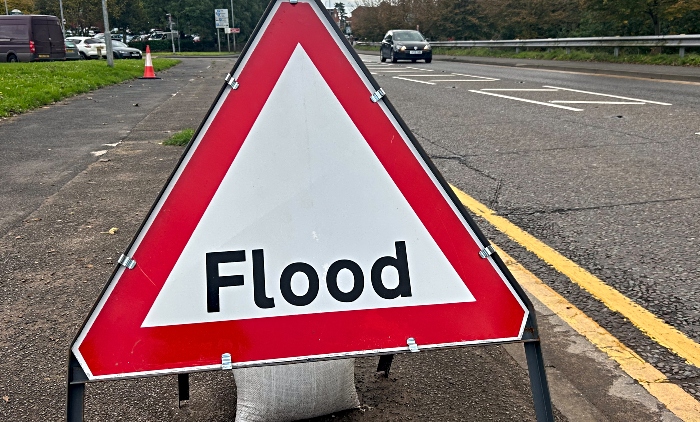
Emergencies can occur unexpectedly at any moment and being prepared is crucial.
Ensuring your family is ready for any emergency means everyone knows how to respond quickly and safely.
Here’s a comprehensive guide to help prepare your family for any situation.
1. Create a Family Emergency Plan
Discuss Possible Scenarios. Begin by having a family meeting to discuss potential emergencies that could occur in your area.
Consider natural disasters like floods, fires, or extreme weather, as well as man-made crises such as power cuts or health emergencies.
Establish Communication Protocols. Agree on a communication plan. Designate a primary contact person outside your immediate area who can help relay information.
Ensure everyone has a list of important phone numbers, including emergency services, family members, and friends. Teach children how to use a phone in an emergency.
Decide on Meeting Points. Choose two meeting points: one near your home in case of a local emergency, and one outside your neighbourhood in case you cannot return home.
Ensure all family members know the addresses and routes to these locations.
2. Assemble an Emergency Kit
Basic Supplies. Stock an emergency kit with essential items such as:
• Water: At least one gallon per person per day for drinking and sanitation, lasting for at least three days
• Food: Non-perishable items like canned goods, dried fruits, and energy bars. Remember a manual can opener
• First Aid Kit: Include bandages, antiseptic wipes, pain relievers, prescription medications, and a first aid manual
• Tools: A multi-tool, duct tape, whistle, torch with extra batteries, and a battery-powered or hand-crank radio
You can find the right survival pack kit for your needs online as well, which is always useful as a back up.
Personal Items. Pack personal hygiene items (toiletries, hand sanitiser, moist towelettes), extra clothing, sturdy shoes, and blankets.
Don’t forget essential documents in a waterproof container.
Special Needs. Consider the specific needs of each family member, including infants, elderly relatives, and pets.
Pack baby supplies (nappies, formula) and pet essentials (food, water, medication).
3. Stay Informed
Know Your Area. Familiarise yourself with what is most likely to occur in your area.
Understand local warning systems and evacuation routes. Sign up for emergency alerts.
Weather Updates. Keep an eye on the weather and heed any warnings.
Having a battery-powered or hand-crank radio can ensure you receive updates even if the power goes out.



















Recent Comments